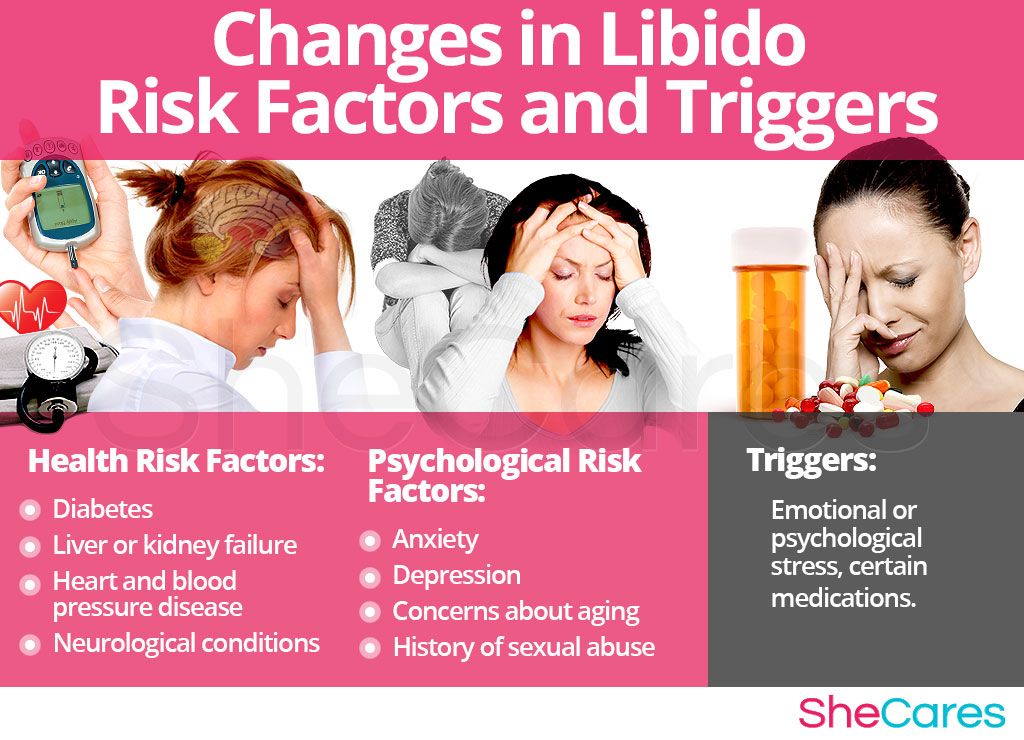Libido, or sexual desire, is a complex and multifaceted aspect of human sexuality that can vary greatly from person to person. While it is commonly thought of as a purely physical phenomenon, libido is influenced by a number of factors, including psychological, emotional, and hormonal factors. In this article, we will explore the topic of libido changes in women, including common causes and potential solutions.
What is libido?
Libido refers to a person’s overall sexual desire or drive. It encompasses both the physical and emotional aspects of sexual attraction and can vary greatly from person to person. For women, libido can be influenced by a variety of factors, including hormonal fluctuations, stress levels, relationship dynamics, and overall health.
Common causes of libido changes in women
There are a number of factors that can contribute to changes in a woman’s libido. Some common causes include:
Hormonal fluctuations: Changes in hormone levels, such as those that occur during menstruation, pregnancy, or menopause, can have a significant impact on a woman’s libido.
Stress and anxiety: High levels of stress and anxiety can interfere with sexual desire and lead to a decrease in libido.
Relationship issues: Difficulties in a relationship, such as lack of communication, unresolved conflicts, or a lack of emotional intimacy, can contribute to a decrease in libido.
Health conditions: Certain health conditions, such as depression, diabetes, or thyroid disorders, can also affect a woman’s libido.
How to address libido changes in women
If you are experiencing changes in your libido, there are a number of steps you can take to address the issue:
Consult a healthcare provider: If you are concerned about changes in your libido, it is important to consult a healthcare provider to rule out any underlying health conditions.
Address underlying issues: If stress, anxiety, or relationship issues are contributing to your libido changes, consider seeking therapy or counseling to address these issues.
Focus on self-care: Taking care of your physical and emotional well-being can help improve your overall libido. Practice stress-reducing techniques, such as meditation or yoga, and prioritize healthy lifestyle habits, such as regular exercise and a balanced diet.
Communicate with your partner: Open and honest communication with your partner about your feelings and needs is essential for a healthy and satisfying sexual relationship. Consider seeking couples therapy to address any relationship issues that may be impacting your libido.
Explore alternative therapies: Some women find relief from libido changes through alternative therapies, such as acupuncture, herbal supplements, or massage therapy. Talk to your healthcare provider about safe and effective options for addressing your libido concerns.
Conclusion
Libido changes in women are a common and natural occurrence that can be influenced by a variety of factors. By understanding the potential causes of libido changes and taking proactive steps to address the issue, women can improve their sexual health and overall well-being. Remember to consult a healthcare provider if you have concerns about changes in your libido, and prioritize self-care and open communication with your partner to support a healthy and fulfilling sexual relationship.
Take charge of your sexual health and well-being by staying informed and proactive about addressing libido changes.
